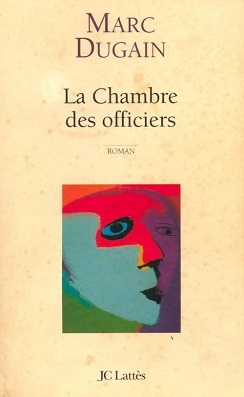Synopsis
Adrien Fournier, a handsome lieutenant in the Engineers, is the narrator and main protagonist. [2] Adrien is wounded on a simple reconnaissance mission on the first day of French involvement in the Great War. He is hit by a stray shell, which kills his fellow officers and his horse, and destroys the centre of Adrien's face. Devastated and permanently disfigured, he spends the rest of the war in a hospital, in a maxillofacial unit, with a small group of others who have similar injuries—including a woman, Marguerite, who has been wounded while nursing at the Western Front. Adrien's palate and jaw are gradually reconstructed by pioneering plastic surgeons.
The novel follows the experiences of the group in the aftermath of the war and their subsequent lives, right up to World War II and beyond.
This page is based on this
Wikipedia article Text is available under the
CC BY-SA 4.0 license; additional terms may apply.
Images, videos and audio are available under their respective licenses.
